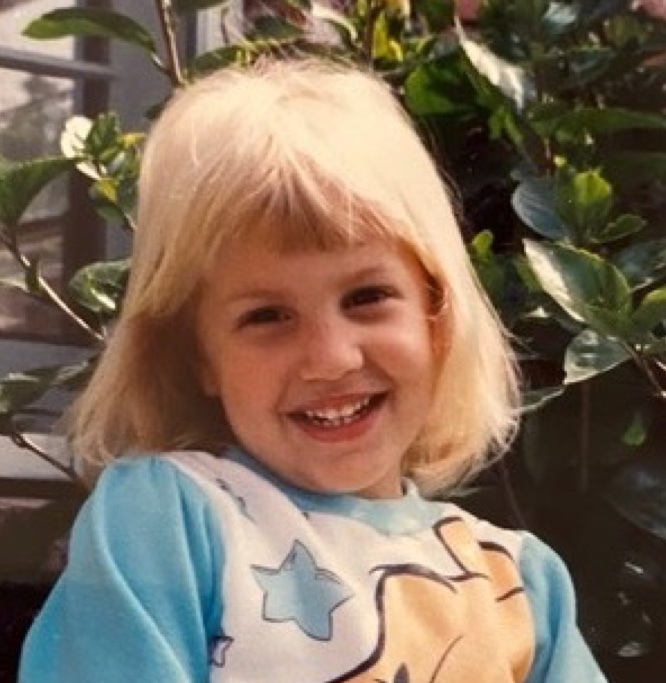Our values reflect principles that guide our approach, informed by what we have learned from those we respect and admire.
1. Break the cycle.
We support actions and programs that disrupt the passage of ACEs and adversity from one generation to the next – and focus our efforts on communities and populations most in need of this support.
2. Work collaboratively.
The only way to address a challenge of this magnitude is to work together, preventing and addressing ACEs, childhood adversity, and toxic stress, upstream and downstream, in all the places they reside. Partnership – at community, regional, and national levels – is essential to us. We are anti-archipelagos.
3. Do no harm.
4. Illuminate the science.
Trust is of paramount importance. We reference the most trusted, validated information and partners. We work to help make essential scientific concepts and findings easy to access and understand by the communities we serve.
5. Empower people with ACEs.
We amplify a message that no matter what we experienced in childhood, we can take steps toward our care, our growth, and our healing and recovery- that together, we can change our lives and legacies.
6. Value lived experience and personal stories.
Everyone has a story, and we value each individual’s experience and journey. We respect the wisdom in every human being, along with the invaluable wisdom of communities and cultures.
Our Leadership Team
Our Leadership Team is comprised of individuals who are deeply knowledgeable and care passionately about the effects of Adverse Childhood Experiences.

Sarah Marikos, MPH
Sarah’s professional career has focused on the science of things that can hurt us and heal us. As an undergraduate at UC Berkeley, Sarah studied the national opioid epidemic, the emergence of 2009 H1N1 influenza, and other major public health challenges at the Berkeley Survey Research Center.
Witnessing Hurricane Katrina’s devastating — and inequitable — impact on communities influenced her to pivot from the pre-med track to public health, deciding to pursue a master’s in public health (MPH) in epidemiology to better understand the confluence of factors that influence the health and well-being of people and communities.
In graduate school at San Diego State University, Sarah conducted research with young adults who injected drugs, seeking to understand how abuse in childhood influenced their adult circumstances and behaviors. That research is what led Sarah to the landmark CDC-Kaiser Permanente Adverse Childhood Experiences (ACEs) study. Intrigued by the correlation between ACEs and adult health and well-being, Sarah chose to pursue the topic of childhood abuse for her epidemiology master’s thesis, and was shocked by the apathetic responses of some professors.
After graduation, Sarah worked for and then led the Epidemiology & Assessment Unit for the Sonoma County health department for over five years, leading major community health initiatives related to infectious and chronic diseases, and violence prevention.
In early 2019, wanting to work with people who influence the major determinants (or roots!) of health, Sarah started her consulting business to provide public health data and strategy expertise to the education, health, medical, non-profit, and philanthropic sectors. During this time, she also completed a national fellowship on racial equity with Human Impact Partners.
Sarah is thrilled to be the Executive Director of ACE Resource Network. She enjoys connecting people and data to improve systems in order to prevent harm and help people recover and heal.

Joy Thomas
Communications and Engagement Manager
Joy believes in the transformative power of creativity, connection, and collaboration, and the possibility of a just and equitable world. And with the unique perspectives and deep empathy she brings to her work with ACEs, it’s no surprise she started her journey in the theatre arts.
Joy specialized in applied theatre, theatre for young audiences, and the development of new works for the stage and has directed, designed, produced, and managed hundreds of theatrical productions. She was a theatre arts instructor at her alma mater, McDaniel College in Maryland, and at the National Conservatory of Dramatic Arts in Washington, DC.
Joy shifted to social services to bring her skills and experiences to bear on helping people understand and heal from trauma, with a focus on addressing the lasting impacts of toxic stress in childhood. She served as Outreach and Education Specialist for the KIDS Network of Santa Barbara County and the Santa Barbara County Child Abuse Prevention Council and, later, as the Communications and Outreach Manager of the Sonoma County Human Services Department.
In 2015, Joy signed on as the Creative Arts Director of Child Parent Institute, a nonprofit aimed at ending child abuse and strengthening the health of children and families in Sonoma County, California. Her focus was on researching, developing, and implementing trauma-informed creative arts programs that build social and emotional skills, promote healing, and reduce the impact of ACEs.
Joy has completed the Advanced Mind-Body Medicine Training Program with the globally renowned Center for Mind-Body Medicine as part of the Sonoma County Resilience Collaborative, formed to bring community-level healing to the region following the 2017 wildfires.
She has trained teaching artists in the effects of trauma on behavior and development, and trained educators, counselors, and other service providers in integrating creative tools, largely based in improvisational theatre techniques, to support connection, empathy, growth, and healing.
Stay informed and get the latest updates on our efforts.